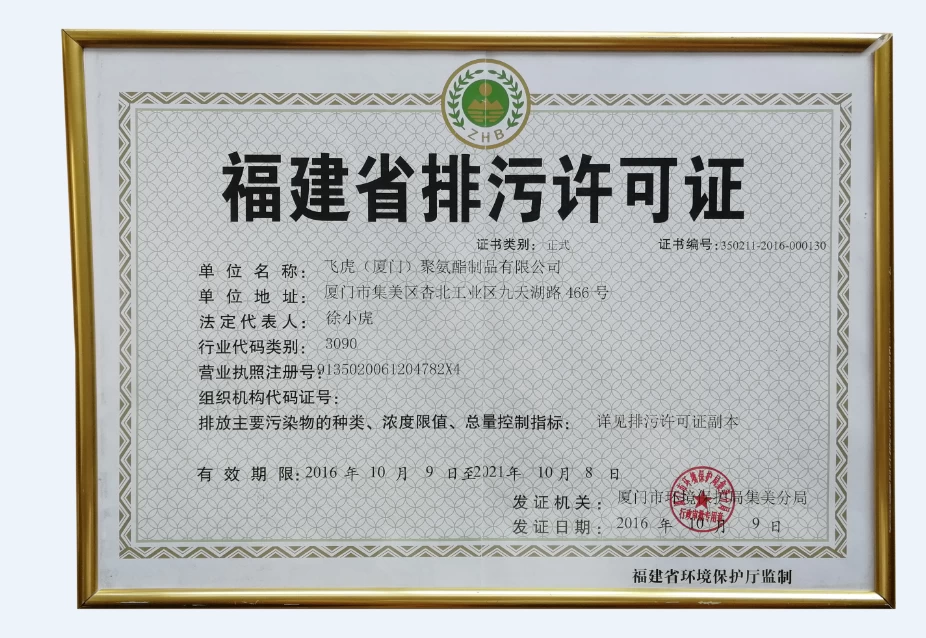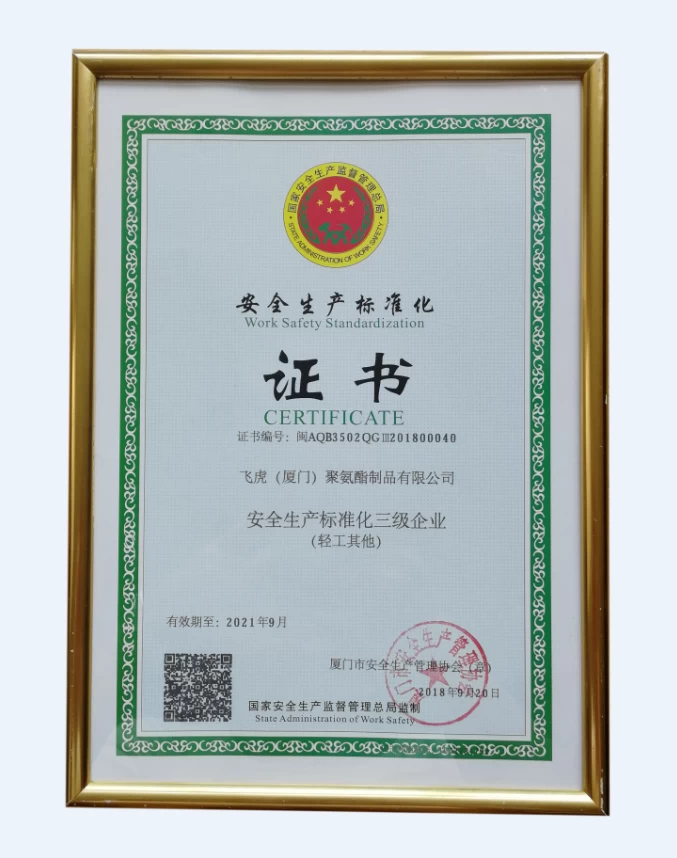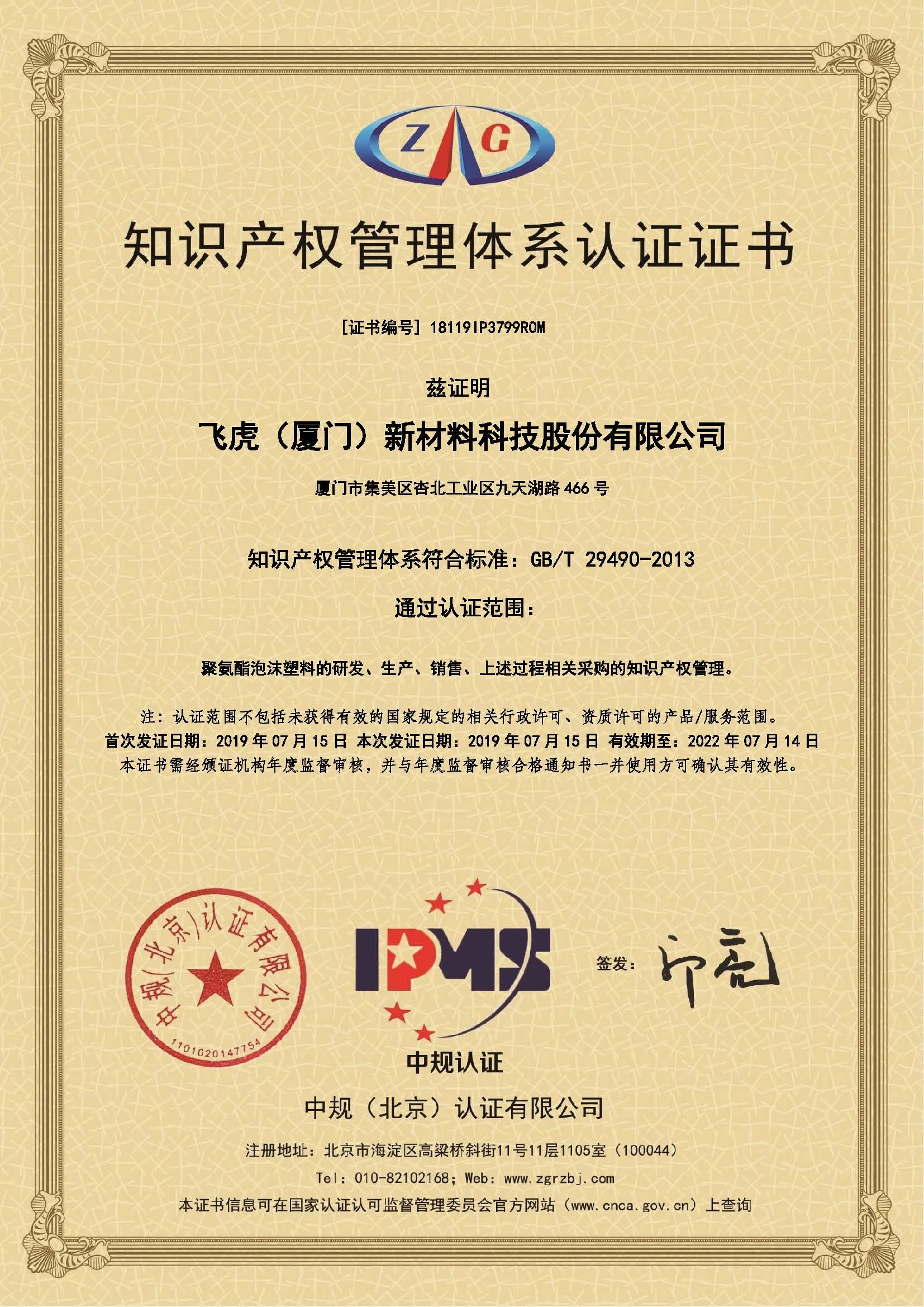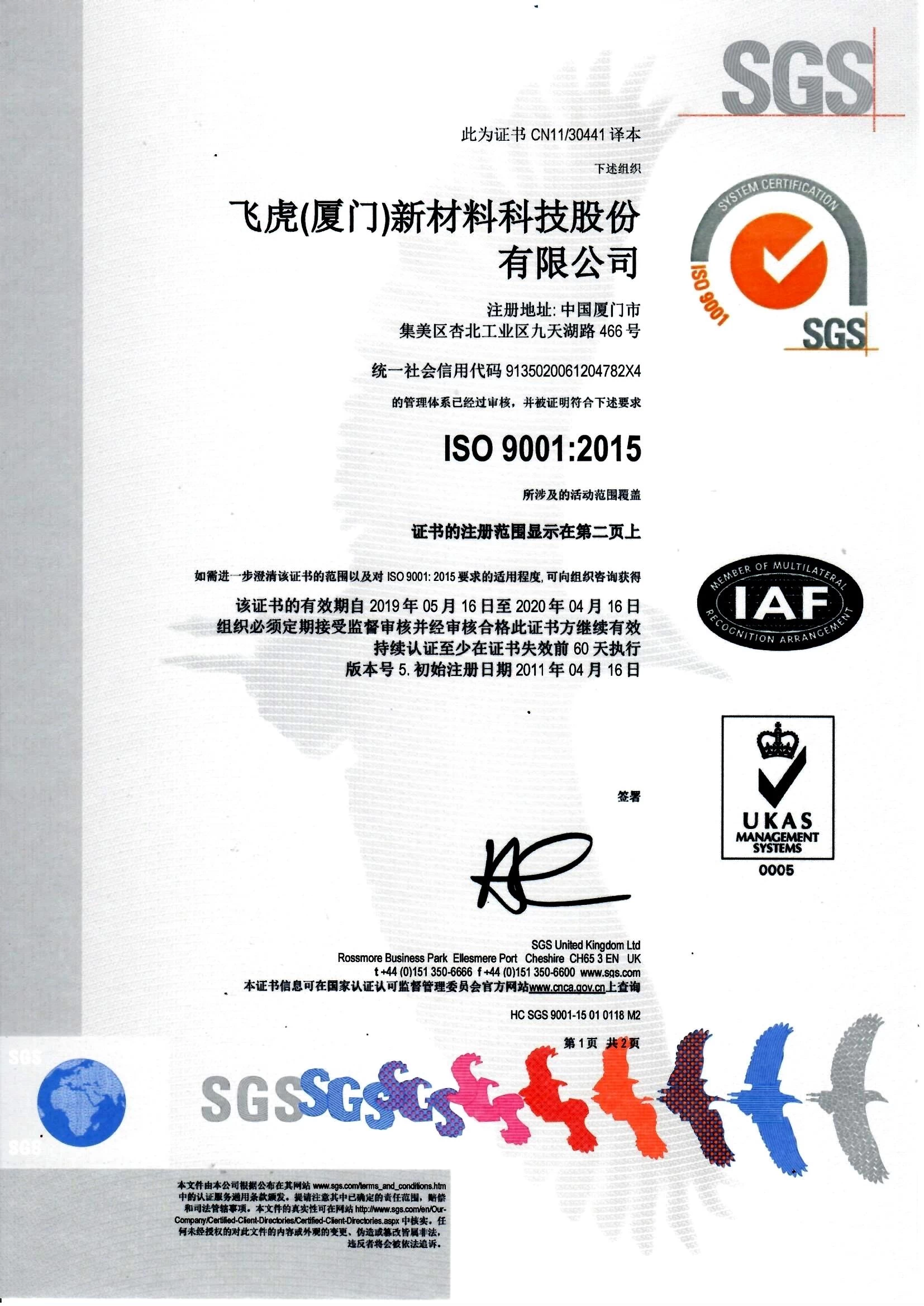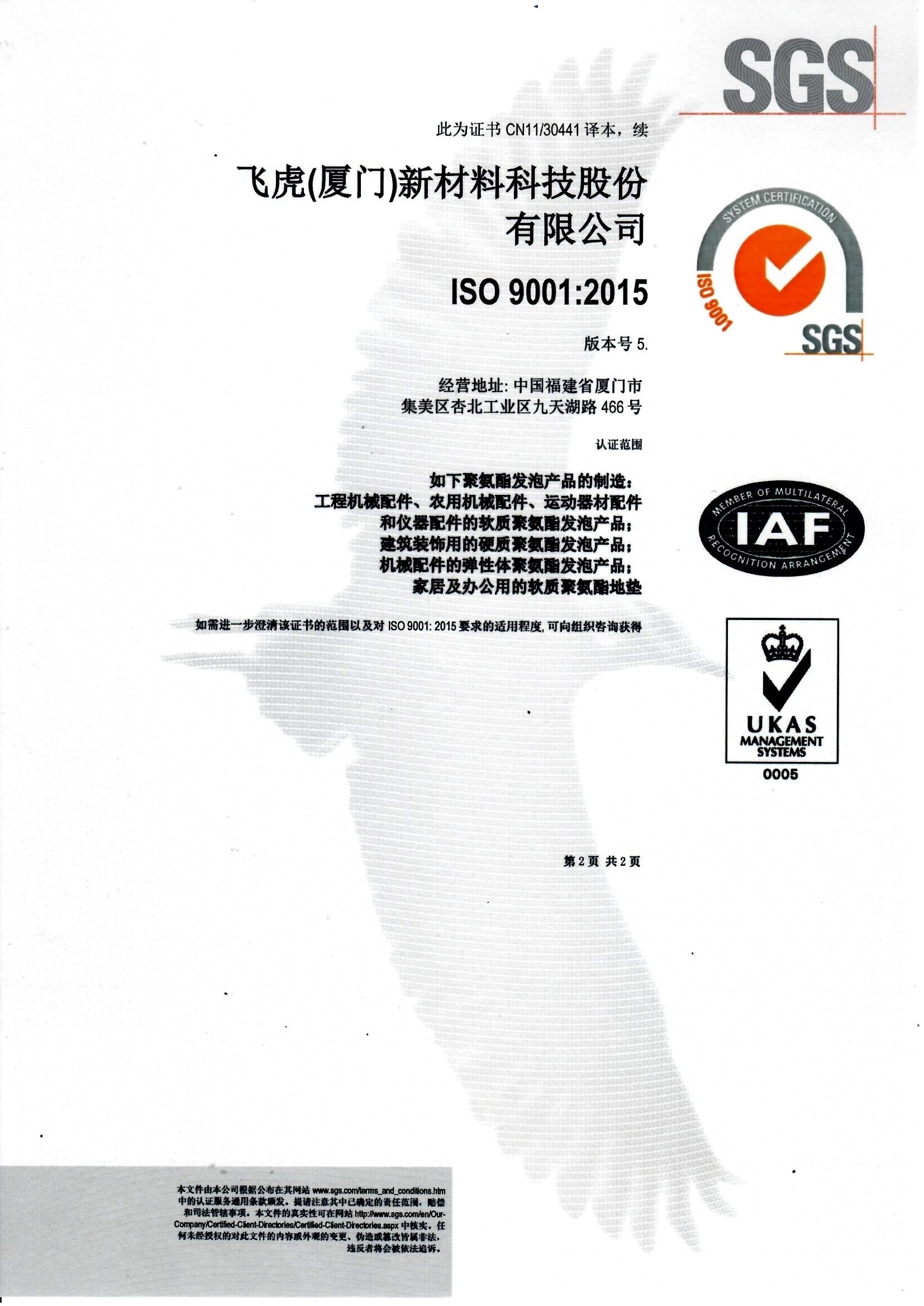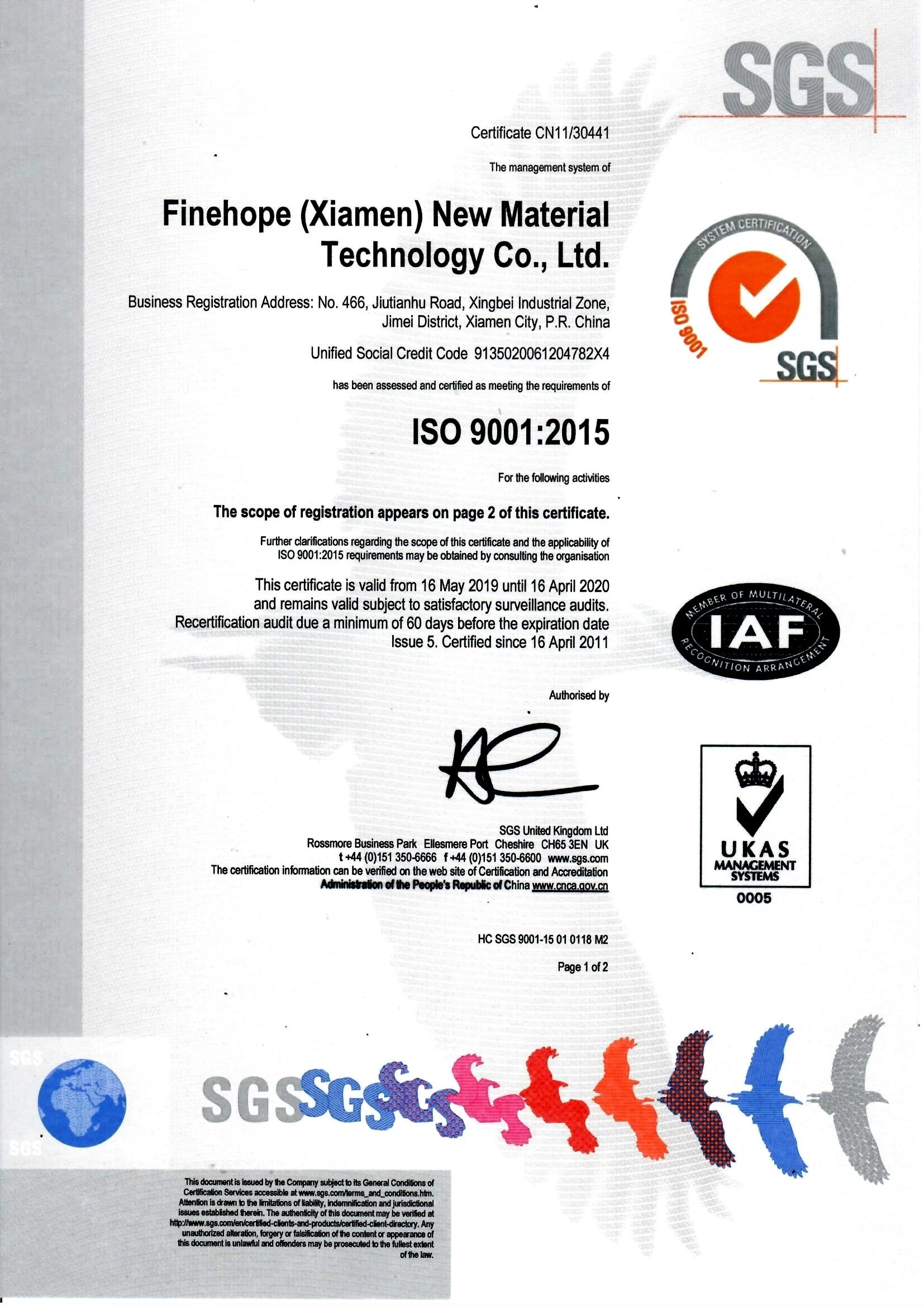Which country's employee is the happiest in the world


If you are reading this sat at your desk, wishing you were anywhere else other than at work, you might think you share the same attitude towards your job as people around the world.
But more than seven in 10 of us don’t mind the daily grind and are actually pretty happy at work, according to the results of an annual survey.
The findings come from the latest well-being work barometer, carried out by Edenred-Ipsos, which questioned 14,400 employees in 15 countries around the world and found that 71 percent of people reported feeling positive about their work.
As you might expect, well-being at work came down to a mix of factors, including the working environment, how much people feel appreciated and how they feel about the work they do.
However, while the report found a high level of well-being overall, there were differences between countries.
Indian employees came out top of the pile, with 88 percent of workers reportedly feeling positive about their work. While Japan fared far worse, with just 44 percent of employees surveyed responding positively about their jobs.
The UK and China were on equal footing, with an average of 71 percent of workers scoring positively for workplace well-being, with the US nudging higher with 77 percent.
According to the team behind the annual survey, 10 items related to well-being at work were identified, broken down into three ‘pillars’ of ‘environment’, ‘appreciation’ and ‘emotion’.
They found that across all countries, environmental factors scored highest, including knowing what was required of them at work.
But employees across the world are falling short when it comes to appreciating their workers, as are ‘emotion’-related scores – such as how much someone enjoys going to work in the morning and how interested they are in their job.
Trends emerged across countries in terms of what was most important to them. Well-being was most related to environment for Japan, Turkey, China, Italy and Poland.
In India, Mexico, Brazil and Chile, emotional factors such as enjoying coming to work and being stimulated by the job were most important.
While for Spain, the UK and the US, the three categories were more equal, with less emotional factors having an impact on well-being compared to employees in other nations.
Related news:
- polyurethane waterproof wall panels, pu durable floor panels, outdoor pu foam floor panels, indoor pu foam wall panels
- Polyurethane carving pumpkins, fake pumpkins wholesale, pumpkin decorating ideas, artificial pumpkins for sale, fake pumpkins for sale
- PU polyurethane life jackets,inflatable life jacket,belt life jacket,personalized life jacket
- Eco-friendly PU foam baby stroller tyre,pu foam strolller tyre wheel,pu solid stroller wheel tyre,cheap professional pu stroller tyre
- comfortable memory pu foam pillow,professional pu slow rebound pillow, sleep helper memory pillow, manufacturer polyurethane foam pillow





